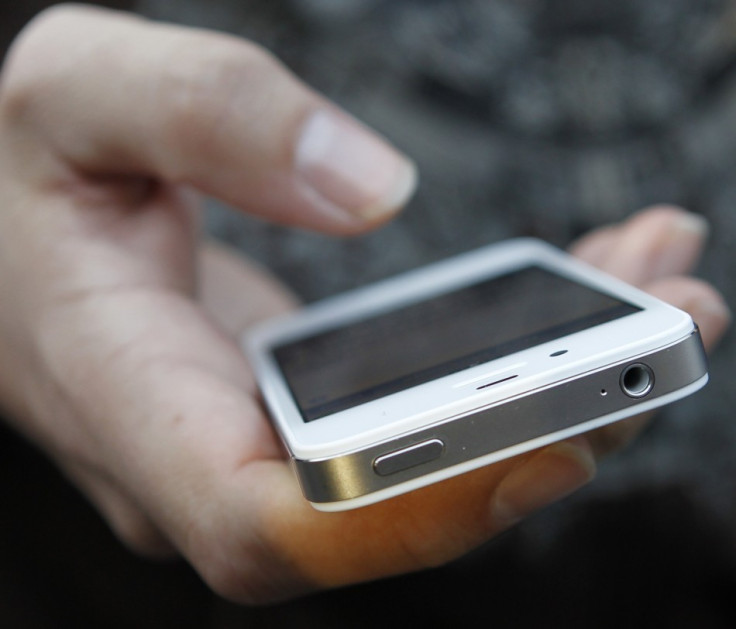Mobile Payment Will Become Mainstream Faster Than Credit Cards and Cheques

The development of how we pay for things has historically been characterised by a leap of technological progress followed by decades of slow adoption. For example, credit cards were introduced to the UK from the US in 1966 but took until the late 1980s to become ubiquitous. The history of the cheque is even more potted, having been issued close to its current guise in 1717, it took until the 1950s to become a dominate form of payment.
One of the reasons behind this slow adoption is fairly easy to understand: people are generally very careful with their money and are consequently suspicious of unfamiliar payment technology.
Based on the track record of slow adoption you would be forgiven for thinking that the next technological leap forward, mobile payments, would take a decade or more to become mainstream.
However, the reality is that mobile payments will be used by the majority of consumers in a matter of years.
Bridge from past to future
The wildcard in the adoption of mobile payments is mobile point-of-sale (mPOS) technology. mPOS technology represents a bridge between current technology and the unfamiliar future. It fulfils several crucial requirements: the technology is inexpensive, it provides people with a familiar interface, it fulfils a gap in the market, and it is easy to install and use.
For retailers, accepting card payments is expensive and complex, and thus a real problem especially for small businesses.
More than 120 million transactions are lost in the UK alone every year due to businesses not having the facility to accept card payments, according to research from Judo. It is the cost of renting and installing traditional card acceptance units that deters many smaller businesses and traders from accepting card payments.
The leading mPOS companies are changing this rapidly and are building a huge merchant base through easy on-boarding procedures and simple and cost-effective products that are intuitive to use.
Harnessing technology
Unlike traditional card payment companies which use bulky and static card terminals, mPOS companies harness the technology which already exists in users' phones and tablets. Crucially for small businesses, mobile payments companies require no rigid contracts and there are no expensive set up costs.
With more businesses using mobile phone technology to let consumers pay for goods, the perception of the technology is changing – put simply, people are getting more comfortable with seeing mobile phones used for financial transactions in their everyday lives. This new level of comfort opens the door to other mobile payments technology.
A slightly more indirect influence of the growth of mPOS is how it affects the creation of other mobile payment services. In short, the competitiveness of the sector, coupled with its rising profile, has created a new wave of innovative companies that are compliant with rigorous financial regulations and familiar with creating complex payments products.
There is a groundswell of industry experience in the mPOS sector that is permeating into the wider payments sector and will help consumer-friendly, financially compliant products to develop faster.
Turbocharge adoption
This two-pronged impact of mPOS on businesses, consumers and payments technology will turbocharge the adoption of mobile payments.
The vast majority of us are already spending increasing amounts of time on our mobile devices, using them for a whole range of things including shopping, booking holidays and checking bank balances. It is a natural process that these devices will form the backbone of our financial transactions.
As we all start to get comfortable with the concept of using smartphones in financial transactions and as the technology becomes more developed, the move towards seeing a phone as a wallet becomes inevitable.
Dr. Jan Deepen is co-founder of mobile payments company SumUp.
© Copyright IBTimes 2025. All rights reserved.




















